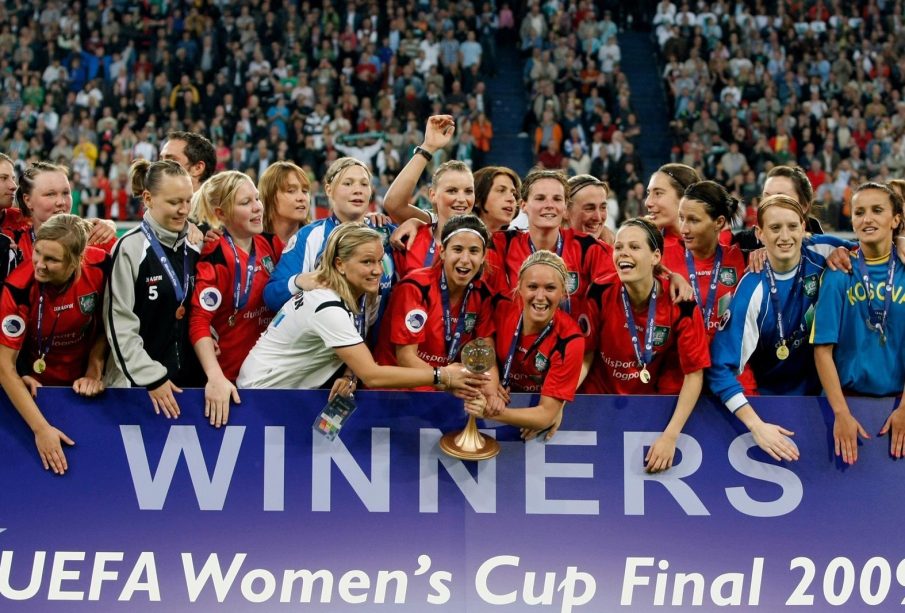Women’s Champions League 2023: A Showcase of Talent

Introduction
The UEFA Women’s Champions League (UWCL) has emerged as a significant platform for female footballers globally, showcasing talent from across Europe. As it enters the 2023 season, the competition continues to grow in popularity, drawing attention to the progress and prominence of women’s football. The UWCL not only offers a competitive edge for club teams but also plays a crucial role in inspiring the next generation of female athletes.
Current Season Overview
The 2023 UEFA Women’s Champions League marked an exciting phase for many teams, with champions Lyon looking to defend their title against a backdrop of fierce competition. Newly rising teams like Chelsea, Barcelona, and Arsenal are showcasing their ambitions, indicating a strong contender for the crown. Significant matches are already generating excitement among fans, especially with the recent group stage draws. The tournament is structured to feature 16 teams, which underscores its competitive nature as several clubs aim to establish dominance in women’s football.
Key Matches and Players
This season’s pivotal matches include clashes between established giants and up-and-coming teams. For instance, Chelsea’s thrilling tie against Barcelona will be crucial in determining the trajectory of their campaign. Notable players such as Sam Kerr, Alexia Putella, and Fran Kirby are anticipated to have a profound impact on their teams’ success, proving that individual brilliance can define matches in this high-stakes environment.
Impact on Women’s Football
The heightened visibility of the UWCL has empowered women’s football, encouraging greater investment and media coverage. Clubs are now focusing on building strong female teams, mirroring the calibre of male counterparts. Sponsors have recognised this growth, leading to increased financial support that is essential for developing women’s football infrastructure.
Conclusion
The 2023 Women’s Champions League represents not just a series of football matches but a cultural movement towards gender equality in sports. As the tournament unfolds, its ability to captivate audiences and elevate the status of women’s football will shape the future landscape of the game. Fans and followers alike can expect thrilling performances and a showcase of talent, ultimately contributing to the broader narrative of female empowerment through sport. With continued support and visibility, the Women’s Champions League is poised to leave a lasting legacy that transcends the pitch.









